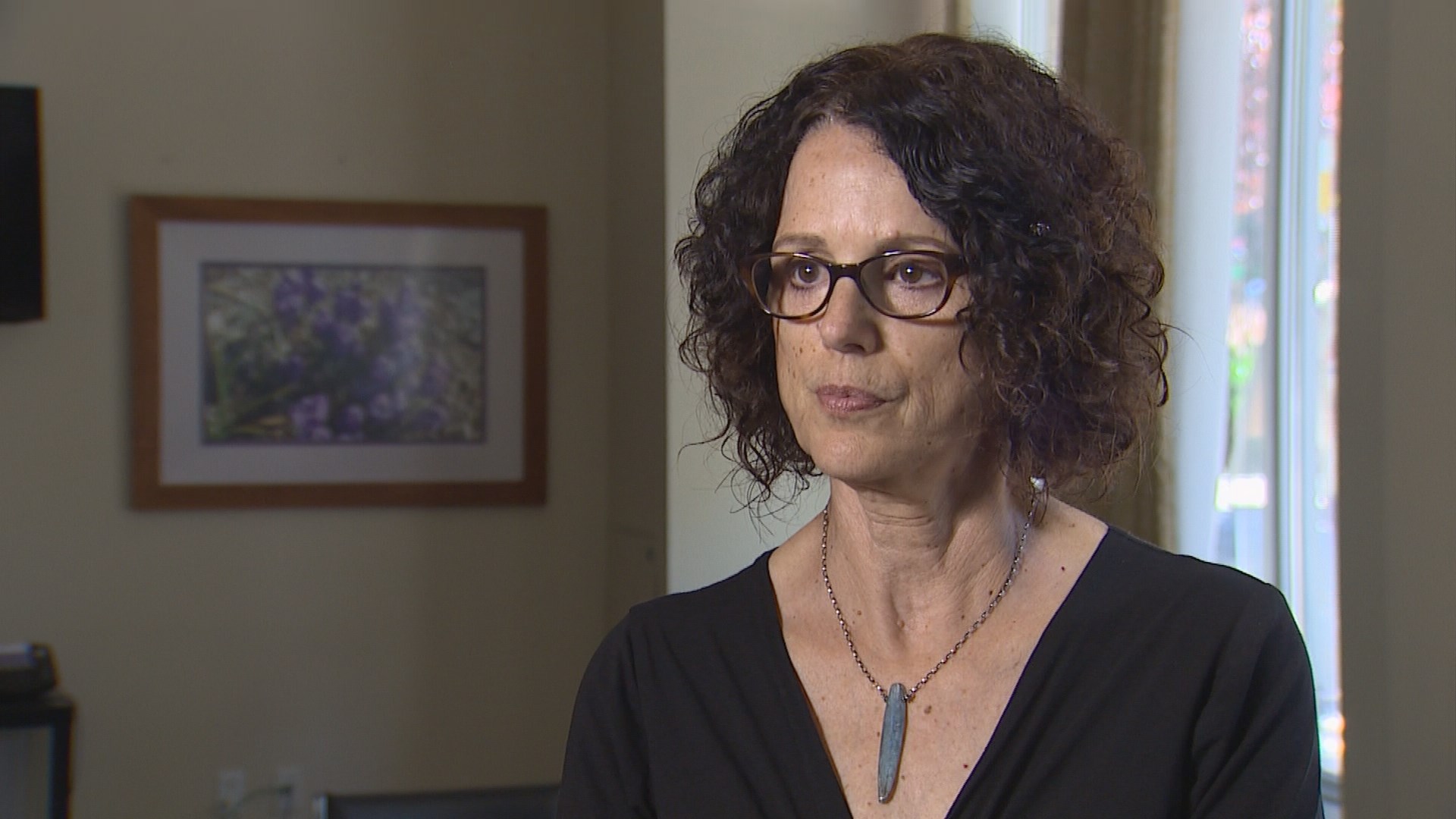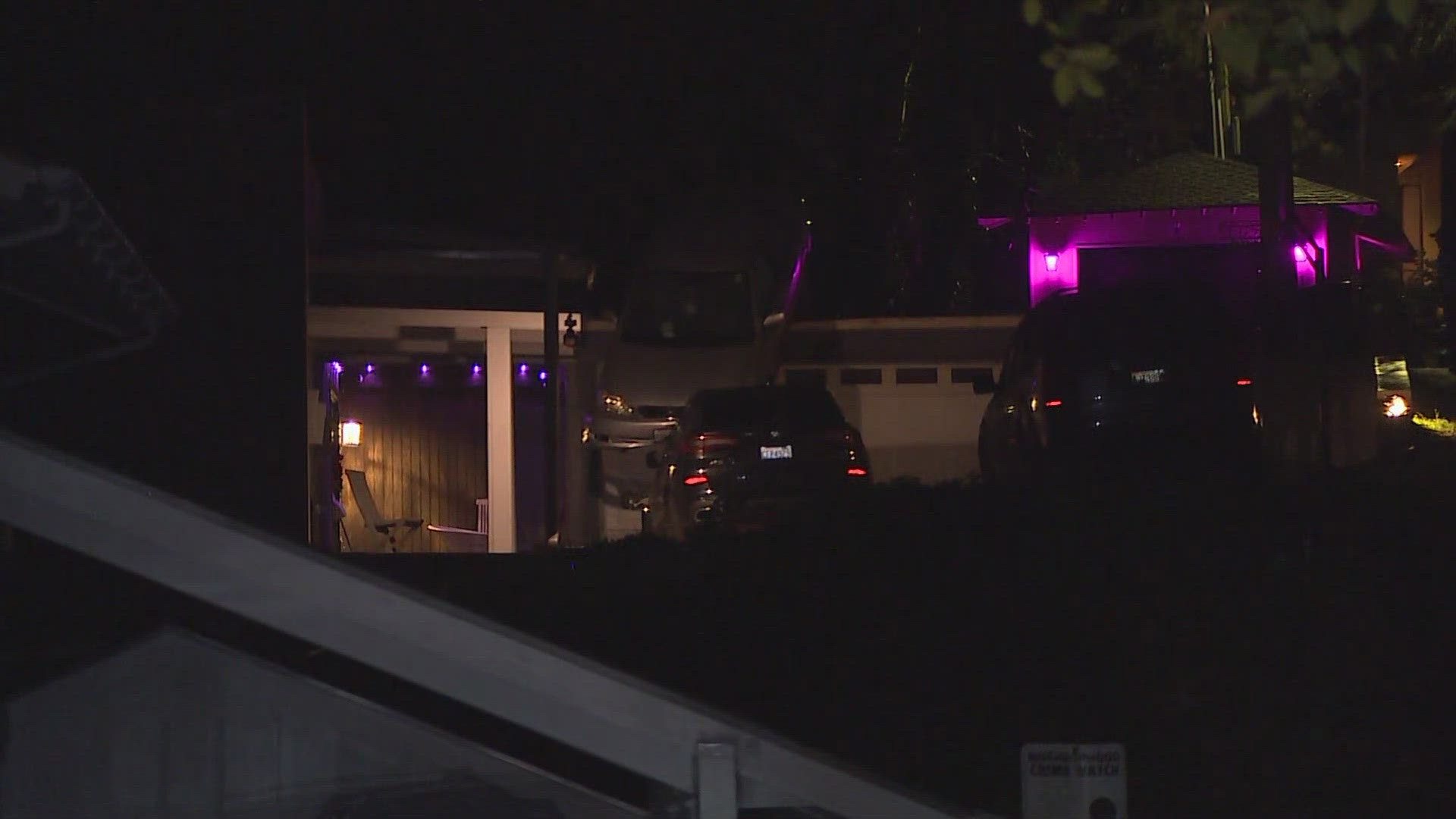Why is it so hard for white people to understand racism?
That’s the question Dr. Robin DiAngelo is exploring through her workshop called “White Fragility.” It’s a concept, she said, that white people experience due to living in a social environment that insulates them from racial stress.
“Whites have not had to build their capacity for constructive cross racial engagement. As a result, we often respond poorly to challenges to our racial worldviews,” said DiAngelo, Director of Equity at Sound Generations.
She put together the workshop to examine white fragility and the skills and perspectives needed to overcome it.
"Across every institution there is racial inequity and I can't go to bed at night and sleep soundly knowing I did not challenge that," DiAngelo said.
Through her workshop, DiAngelo explained the dynamics of current race relations in the U.S. and how to support anti-racism. She also explored the difference between prejudice, discrimination and systematic racism.
"We are at another racially historic moment in our society where it is no longer going to be legitimate for a white person to just claim, ‘I don't know anything about race,’ and still be qualified to lead," she said.
In a sold out room of 25 people DiAngelo explained the differences between racism and prejudice.
“Everybody has prejudice,” DiAngelo said. “It’s human. There is no human objectivity. But when we take a group’s collective implicit bias and explicit and you back it with legal authority and institutional authority, it’s transformed.”
The latter she said is racism, and she used the following example to help people understand.
“Women got the right to vote because we were given the right to vote by men,” DiAngelo said. “We couldn’t give it to ourselves. We couldn’t deny men their civil rights. That’s a really profound difference that we have to have the language to acknowledge.”
For those reasons, DiAngelo said she doesn’t use the terms reverse racism or reverse prejudice.
DiAngelo has a second workshop on Aug. 9 for those who couldn’t make it to Wednesday’s workshop.


